 CORAL GABLES — Three University of Miami School of Communication professors who conducted an in-depth analysis of Haitian community media in greater Miami called for the formation of a non-profit professional association to help develop financing and marketing mechanisms and ways to share gathering of news and information to overcome existing journalism and business challenges.
CORAL GABLES — Three University of Miami School of Communication professors who conducted an in-depth analysis of Haitian community media in greater Miami called for the formation of a non-profit professional association to help develop financing and marketing mechanisms and ways to share gathering of news and information to overcome existing journalism and business challenges.
The study found that Creole- and French-language media in Miami have a significant dual function for the Haitian community, “fostering societal cohesion and immigrant incorporation” while, at the same time, helping Haitians living in Miami to “keep informed about and participate in what is happening in Haiti.”
Thus, the study concluded, Haitian community media support the “creation and maintenance of a transnational community,” akin to having one foot in the United States and another in Haiti.
“The purpose of this working paper is to make this information available to the Haitian community in Miami and to serve as a resource for people who want to reach the community or its media,” said Sallie Hughes, associate professor of Journalism and Latin American Studies at the UM School of Communication, who co-authored the study.
“We wanted to look at the Haitian media in greater Miami because the community is the largest Haitian community in the country and the second-largest national origin group in Miami-Dade County, yet little is known about its media in the larger society.”
The study informs readers of the uses and practices of Haitian community media before and after the 2010 earthquake in Haiti that killed an estimated 300,000 Haitians and left hundreds of thousands homeless. The findings were released Jan. 18, at the Little Haiti Cultural Center.
Field work for the study began in 2009 and ended in 2011 and involved interviews and focus groups of audience members who identified themselves as being of Haitian origin, as well as journalists, publishers and media producers in Haitian-oriented media.
Lilia Santiague, an instructor at Indiana State University, as also a co-author of the report.
The study found that in the immediate aftermath of the earthquake, most Haitians in Miami relied heavily on American network television. However, Creole-language radio allowed listeners to participate in talk shows and call-in interviews that questioned government officials and shared information.
“In the first days of the catastrophe, they all went to English-speaking television, whether they could understand it or not,” said Tsitsi Wakhisi, associate professor of Professional Practice in Journalism at the U.M. School of Communication and another co-author of the report. “The people were looking for on-the-ground coverage, while using their cell phones to try to reach people in Haiti. Once American networks stopped their coverage, they relied on Haitian media.”
According to the study, the most-prevalent Creole- and French-language medium used by the Haitian community in greater Miami is AM radio. However, the findings suggest that differences in media use and appreciation are substantial among language groups. Monolingual Creole speakers who participated in the study listen to Haitian radio regularly to stay informed and are fairly happy with what they hear. Bilingual, Creole and English speakers in the study used a mix of Creole-, French- and
English-language media to stay informed and to maintain their ethnic identity but they find weakness with the quality of information.
English-only participants in the study turned to Haitian media rarely, and then mostly as a way to affirm their Haitian-American identity.
Audience members, journalists and media workers interviewed by the authors identified important limitations of the Haitian media, such as quality of information, commitment to transparency, autonomy and public service, and financial sustainability.
“One of the things we found out in the study is that especially radio is extremely fragmented,” said Yves Colon, lecturer in Journalism at the UM School of Communication. “Because of competition, the small operators do not want to collaborate. They should be pulling resources together and going to advertisers as a united front.”
The study was funded by a grant from the McCormick Foundation.
Photo: IVETTE M. YEE/UNIVERSITY OF MIAMI

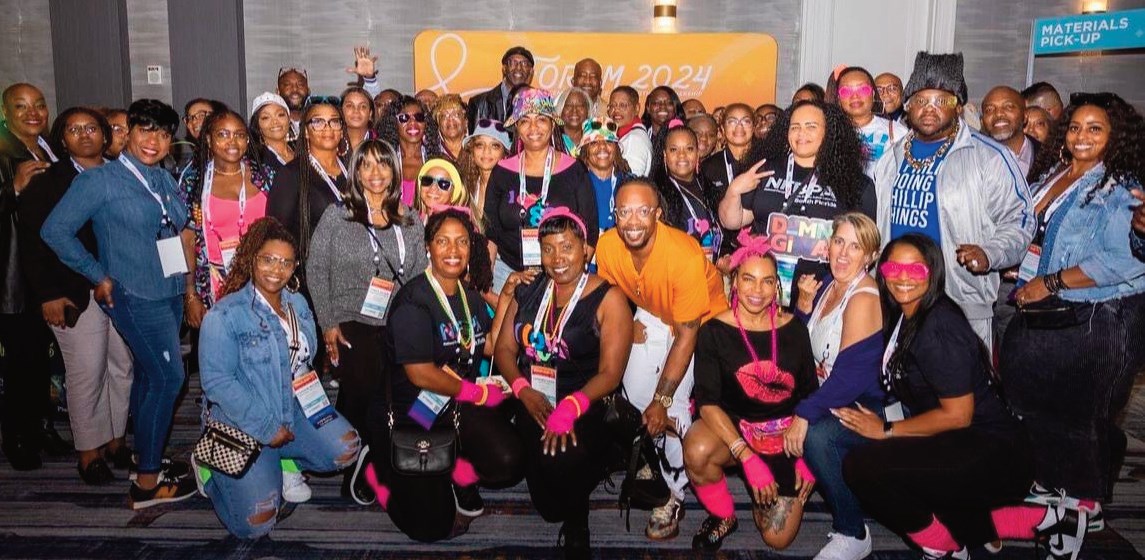
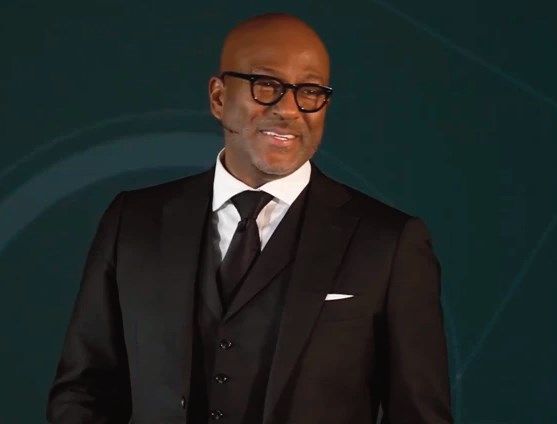


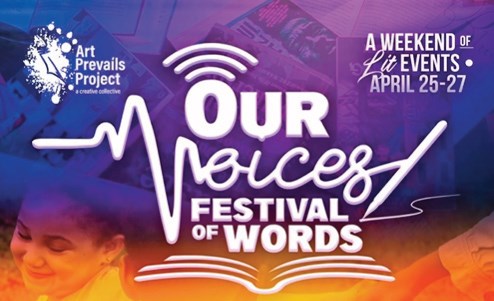
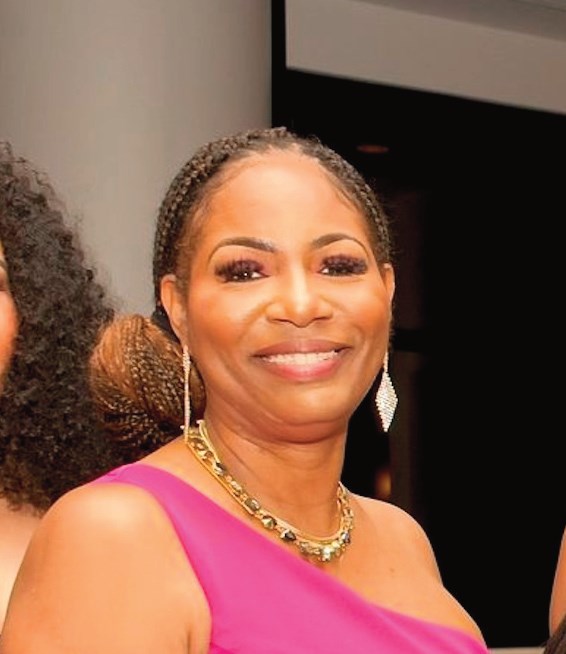
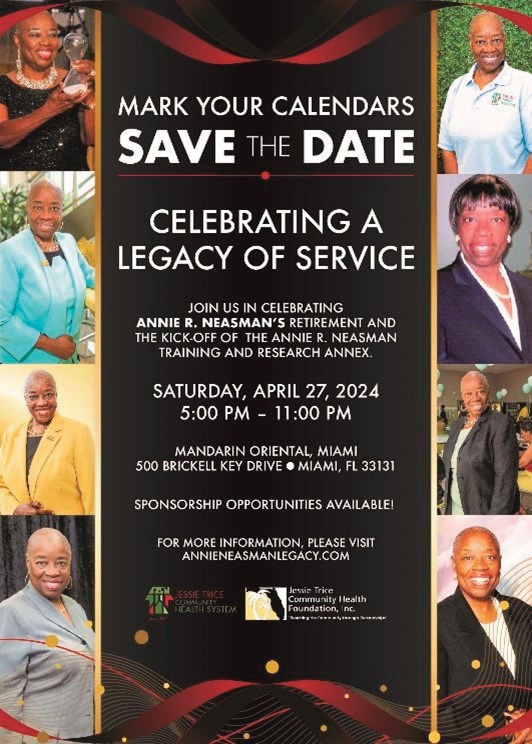
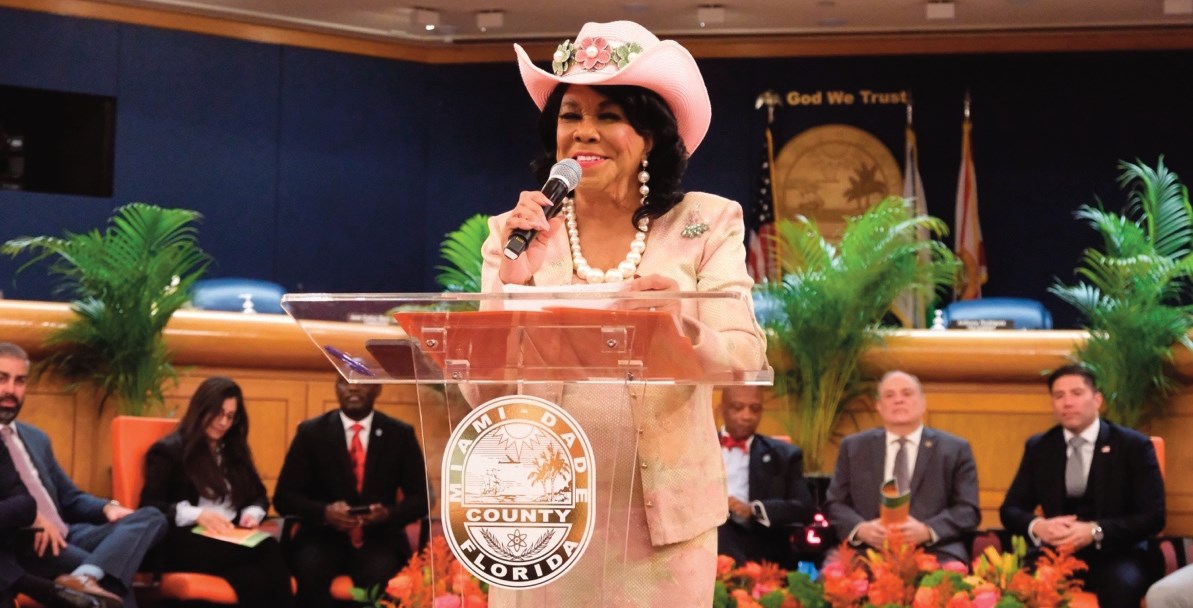



No Comment